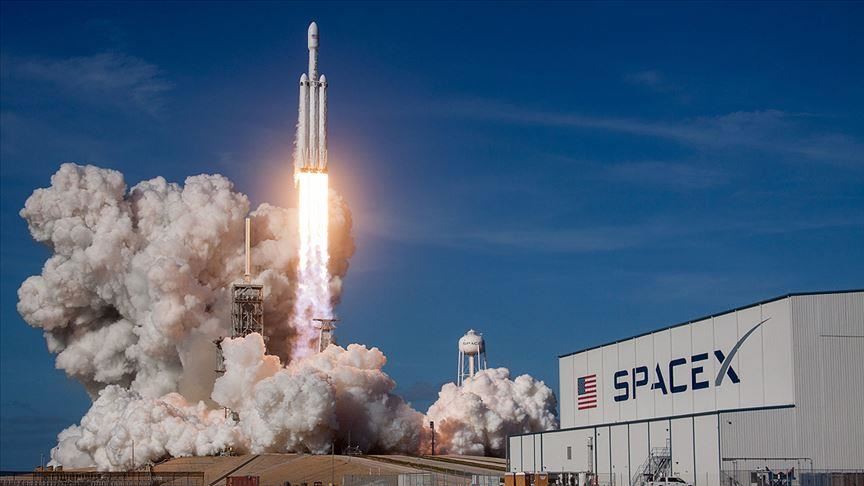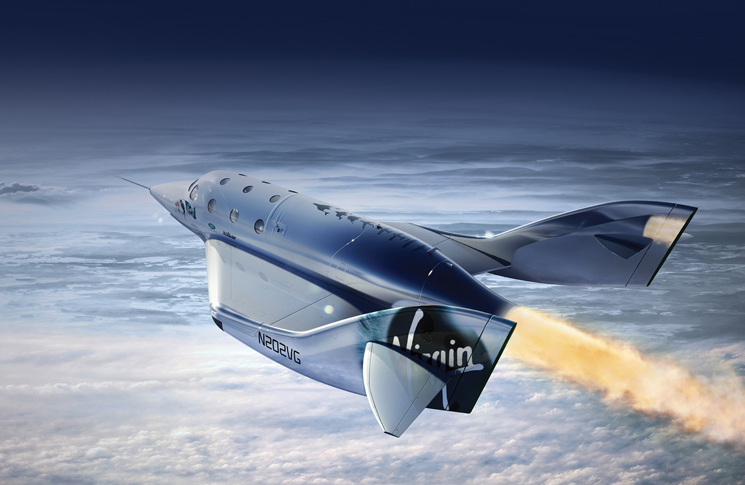The year 2023 marked a pivotal turning point in the burgeoning space economy, with private space travel companies taking center stage. This year witnessed significant advancements and milestones achieved by pioneers like SpaceX, Blue Origin, and Virgin Galactic, propelling the industry towards a future filled with possibilities.
SpaceX’s Dominating Grip
SpaceX continued to dominate the private space travel landscape in 2023. It successfully launched numerous Starlink satellites, further expanding its global internet access network. The company also conducted several successful Crew Dragon missions to the International Space Station (ISS), solidifying its position as a leading player in space transportation.

Expanding Satellite Internet Access
SpaceX made headlines by growing its Starlink satellite constellation to over 3,000 satellites in 2023. This expanding network blankets the globe, providing high-speed, low-latency internet access to remote regions. Over 1 million users now leverage Starlink to connect schools, businesses and homes previously struggled with poor internet access.
Enabling Affordable Access to ISS
The company’s Crew Dragon spacecraft conducted 6 successful crew rotations and resupply missions to the ISS in 2023 alone. This provides affordable transportation of astronauts and critical supplies to the orbiting laboratory at a fraction of the cost of alternatives. With Crew Dragon, SpaceX establishes itself as an indispensable partner for NASA and the ISS.
Blue Origin’s Rise to the Occasion
Blue Origin made significant strides in 2023. It successfully launched its New Shepard suborbital vehicle over a dozen times during the year, carrying researchers and paying customers on unforgettable journeys to the edge of space. Additionally, the company made significant progress on its New Glenn orbital launch vehicle, positioning itself as a competitor in the commercial space launch market.
New Shepard Flights Open Access to Microgravity
New Shepard’s human flights enable researchers and private citizens to experience 5-10 minutes of exhilarating weightlessness and sweeping views of Earth. These suborbital launches provide unique platforms for testing experiments in microgravity conditions previously only accessible to astronauts and specialized payloads.
New Glenn Promises Affordable, Heavy Lift Launch
Blue Origin also moved closer to debuting its flagship New Glenn vehicle in 2023 – a powerful, reusable rocket tailored for commercial satellites and exploration missions. New Glenn’s enormous size and lower expected launch costs aim to fill a gap in the market, providing attractive launch services to a range of private sector space applications.
Virgin Galactic’s Commercial Space Tourism Takes Flight
After years of testing and anticipation, Virgin Galactic finally commenced full commercial service of its SpaceShipTwo suborbital spaceplane in 2023. This vehicle gave private astronauts a taste of spaceflight with sweeping views and weightlessness, capped off with a gliding return to a runway landing.
Inaugural Private Astronaut Missions Inspire Public Imagination
Hundreds of consumer ticket holders traveled to space with Virgin Galactic across dozens of flights in 2023. These pioneering private astronauts embodied the public’s imagination and aspirations for the democratization of space. Their awe-inspiring testimonials and images from missions lit a fire under public interest in accessible space travel.
Virgin Galactic Positions Itself as Early Space Tourism Leader
While companies like Blue Origin also conducted suborbital launches, Virgin Galactic’s SpaceShipTwo carries more passengers per flight than its nearest competitor. With its efficient hybrid rocket motor and benign landing characteristics, Virgin Galactic firmly established itself as an early leader in the emerging market of space tourism for consumers.
Beyond Billionaires: Broadening Access to Space
While much of the focus in 2023 was on space tourism, other exciting developments emerged to make space more inclusive. Companies like Axiom Space and Space Adventures provided opportunities for private astronauts to conduct research and participate in missions to the ISS through partnerships with SpaceX and other launch providers.
Opening ISS Access to Private Astronauts
Groups like Axiom Space facilitated privately funded astronaut missions to the ISS in 2023. These trips allowed new categories of space travelers to experience orbital spaceflight firsthand. Often in coordination with research institutions, these private astronauts conducted microgravity experiments, outreach events, and more while on station.
Promoting Diversity and Inclusion in Spaceflight
Additionally, organizations like Space for Humanity offered scholarships and programs with goals of broadening access to space travel and diversifying the astronaut pool. Their sponsored flights to orbit and partnerships with companies like Blue Origin created avenues for underrepresented groups to join missions previously dominated by a narrow demographic of spaceflyers.
Key Technological Advances to Watch in Private Space Travel
The year 2023 also saw significant advancements in technologies poised to further propel the private space industry forward in coming years. Key developments to keep an eye on include:
Reusable Launch Vehicles
Partially or fully reusable rockets became more commonplace in 2023. Successfully demonstrated by companies like SpaceX and Blue Origin, these vehicles can land and relaunch quickly. Reusability promises to drastically reduce launch costs and enable higher mission frequency, catalyzing space’s economic growth.
On-Orbit Manufacturing
Using 3D printers and other tools, companies made strides manufacturing products in the microgravity environment of space stations in 2023. By leveraging weightlessness and space’s unique vantage point, this burgeoning sector aims to develop new materials and objects with valuable properties. Initial successes point to huge potential.
Space-Based Solar Power
Groups like Caltech’s Space Solar Power Project advanced concepts in 2023 for vast orbital solar arrays to harness abundant, 24/7 solar energy. By wirelessly transmitting power captured in space to Earth or customers in orbit, proponents see space-based solar energy supplementing renewables planetside and powering space infrastructure.
The Future of Private Space Travel
The success of private space companies in 2023 has ignited excitement and anticipation for the future. As the industry continues to mature with supportive government policies and technological change, we can expect several trends to unfold:
Increasingly Accessible and Affordable Spaceflight
As operational experience grows and fixed costs are amortized over more launches, private space travel will become significantly cheaper. With boosters rapidly reusable and passenger/pressurized volumes high per flight, tourist spaceflight may one day approach affordability for middle class individuals.
Expanded Private Space Stations and Infrastructure
We will see new privately developed and funded space stations join pioneers like Axiom’s early ISS modules this decade. Companies will establish their own microgravity labs, accommodations wings, observatories and more in orbit. Expect voyages between these complexes to enable diverse in-space experiences.
More Diverse, Inclusive astronaut Corps
While historically astronauts were primarily government employees meeting narrow selection criteria, the private astronaut corps will continue expanding exponentially across identities, backgrounds and professions thanks to falling barriers. Expect spacefarers of all types participating hand-in-hand this decade.
2023 marked nothing short of the long-awaited lift-off moment for private space into mainstream consciousness and economic viability. As barriers continue falling, we stand poised at the brink of a new space age – one profoundly shaped and defined by private companies, entrepreneurs and spaceflight participants from all walks of life.
















Add Comment